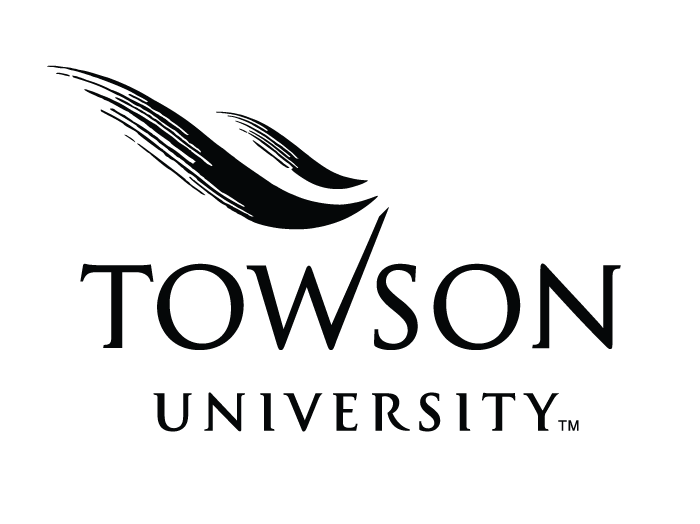We spoke with Chris Worthington ’11 (M.A., professional writing) about his work as the income editor-in-chief at Wall Street Daily. Worthington edits and writes content for the investment research publication’s newsletters.
What does your typical workday entail?
My main role is editing our content. We have a certain voice that we like to aim for across our publication, but at the same time we try to preserve the tone that each of our writers has. My job is finding a balance so we maintain both.
We have five divisions: income, politics, stocks, commodities and technology. I manage the income writers, and I work with them from the point of idea generation through editing their pieces. I also work with our other departments, mostly marketing and our design team, so that we keep all of our branding, marketing materials, and charts and graphs cohesive.
How do you balance the income aspect of your job with writing and editing?
Writing and editing are really crucial skills for any business. Anybody graduating from college needs to know how to write. But at the same time, it’s hard to rely on those skills alone. I didn’t know a ton about investing before I came to Wall Street Daily, but I worked with a lot of smart analysts, and I’ve been reading books to catch up. If you asked me about investments as an undergrad, I never would have told you that I wanted to pursue it. I’ve discovered this interest of mine through working with Wall Street Daily.
What is your favorite thing about working at Wall Street Daily?
I’m not doing the same tasks every day. I’m editing a wide variety of writers, and everyone has their own quirks. I’ve had to learn how to edit and work with different people. And I’ve been learning about politics, investing and economics, so it’s very intellectually stimulating to work here. It’s great to be able to learn on the job constantly—it keeps you from getting bored.
How did your time at Towson prepare you for your career?
I didn’t realize how little I knew about writing and editing until I started my master’s at Towson. It was an awakening. I had great professors who challenged their students to really get into the nuts and bolts of editing. One who comes to mind immediately is Harvey Lillywhite, who was an invaluable resource on editing. He worked as a professional editor for a long time and that translated to some great hands-on teaching in the classroom.
On top of that, I worked as a graduate assistant at the College of Business and Economics’ Writing Proficiency Program, which was an awesome opportunity to work with people one-on-one and help them improve their writing.
What are your plans for the future?
My goal is to continue learning as much as I can about the markets and the economy, both stock market investing and economics. They’re both incredibly complex. I have a long way to go to become a better analyst. Another of my goals is to be able to write about investing and economics as well as I can edit other peoples’ writing right now.

